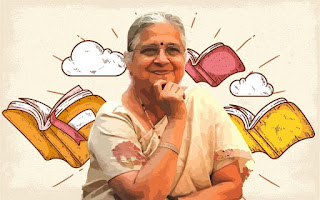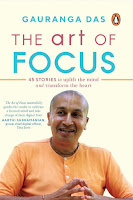When I see a glass half full,
I see some yarn left in a ball of wool
I look at the little food on a plate,
And a few words on someone’s slate
I yearn for the small giggle,
When I see a tiny insect wriggle.
Little it may be but not weak it is,
Less it may be but not short it is,
More we might have but do we need it?
Aren’t we pleased with what we gave it?
May it be half empty or
It can also be half-filled,
It is what our perception is,
Do we complain about the loss
Or be grateful for the most?
A Glass Half Full is not just a lesson
For Perspective or pessimistic thoughts,
It is a teacher with no chalk and duster
But with just water,
It can pass on Responsibility and Gratitude,
Simply with its carefree attitude.
Anvesha Rana,
Grade 10-B,
Gyanshree School








